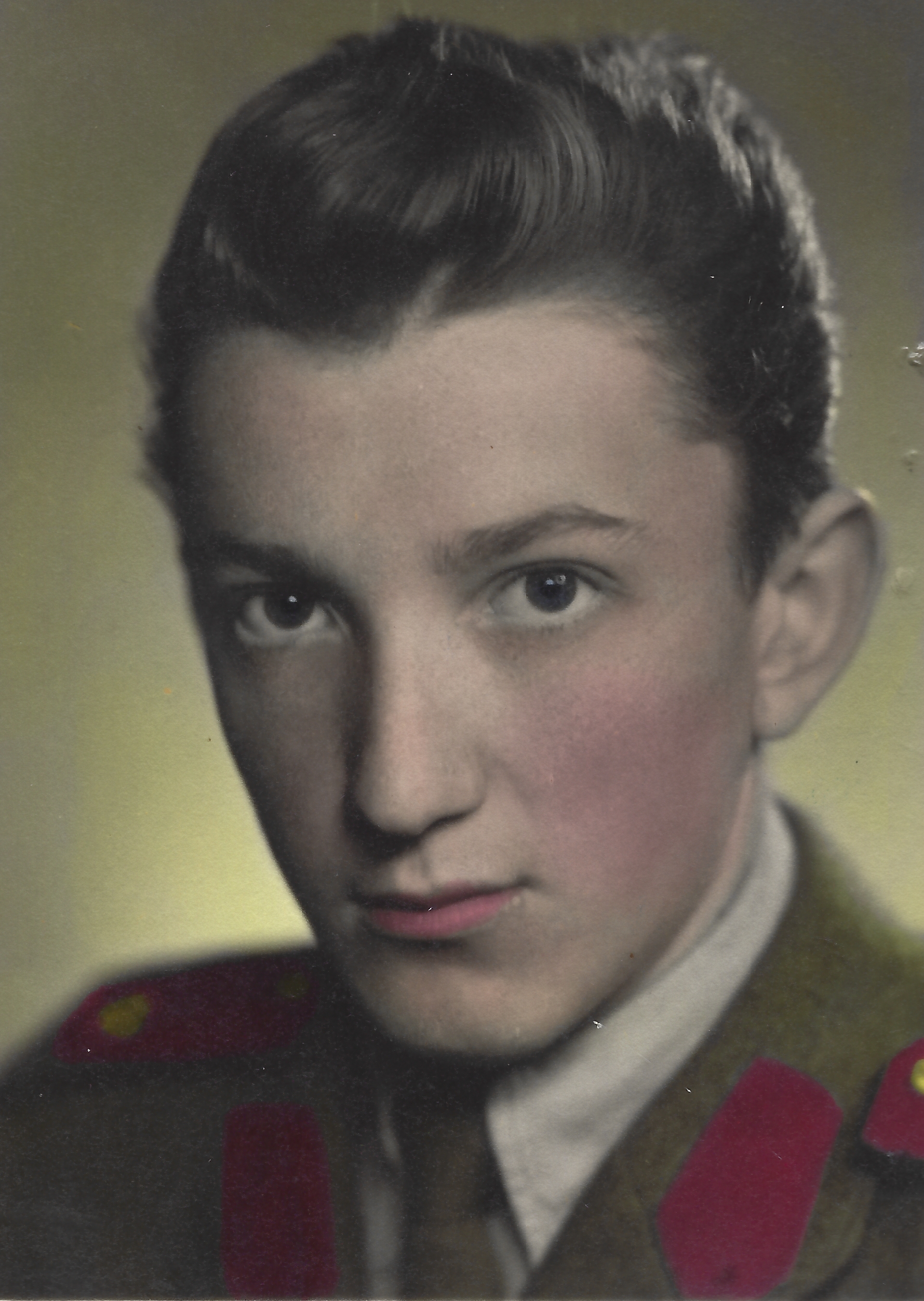All my life I‘ve been helped by chance and good people

Stáhnout obrázek
Bedřich Zákostelecký was born in České Budějovice on 23 March 1942. He spent his youth in Suché Vrbné on a farm which was forcibly collectivised after 1948. He studied the accordion and clarinet at the Military Music School in Liberec in 1956-1959. Having graduated, he was assigned to the Regimental Military Band in Český Krumlov. His interest in teaching music led him to study at the State Conservatory in Pilsen where he graduated in clarinet with professor František Vacovský in 1969. Due to a lack of literature for beginning clarinetists, he compiled the textbooks School of Clarinet Playing I and II. He holds three patents for teaching aids and fingering charts. In the 1970s and 1980s he studied handmade bookbinding with Ladislav Hodný in Týn nad Vltavou, Jiří Faltus in Žamberk, Jindřich Svoboda in Brno and Ján Vrtílek in Žilina. From 1993 on, he worked at the Department of Visual Culture at the University of West Bohemia (ZČU) in Plzeň as the head of the bookbinding studio. His works have been chosen as gifts for celebrities such as Václav Havel, Václav Klaus and Pope Benedict XVI. In 2001 he moved to Přeštice and opened a private Studio of Bookbinding. He moved his bookbinding workshop to a permanent exhibition at Strakonice Castle in 2023.













